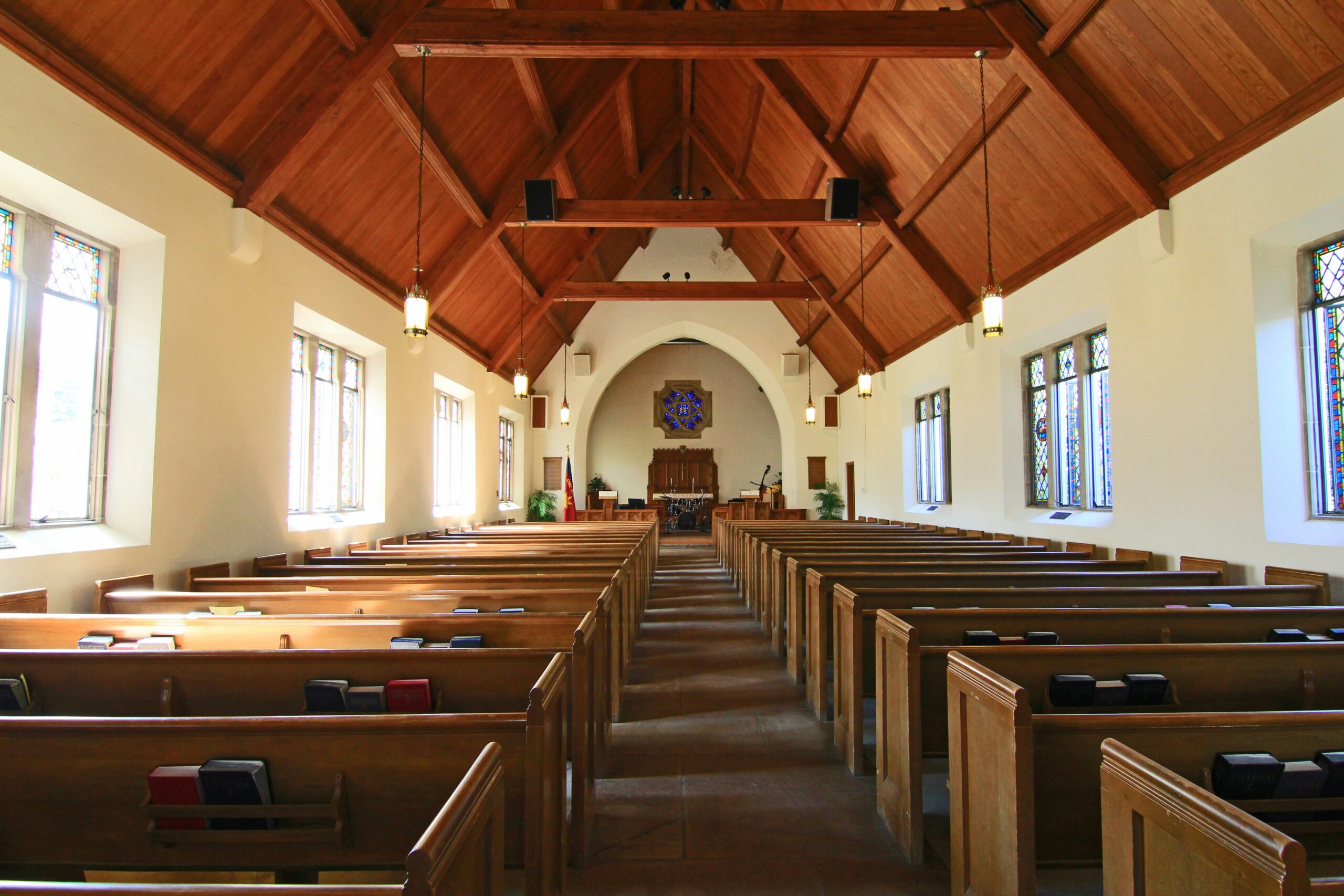
""This action is not about religion or free speech, but about radically altering campaign finance laws.""
"Nonprofit sector leaders warn that the blurring of the longstanding line separating nonprofits from politics could erode decades of public trust in charitable organizations."
"The IRS's court filing stated that 'communications from a house of worship to its congregation in connection with religious services on matters of faith do not run afoul of the Johnson Amendment as properly interpreted.'"
"The Johnson Amendment, introduced in 1954, prohibits nonprofits from engaging in political activities, a rule now being challenged by the Trump administration."
The IRS stated that churches can endorse political candidates while maintaining their tax-exempt status, challenging the Johnson Amendment. This change could widen the gap between politics and nonprofits, leading to potential erosion of public trust in charitable organizations. Nonprofit sector leaders express concerns regarding increased political engagement among nonprofits, resulting in more "dark money" flowing into politics. This significant decision raises issues on campaign finance law and the integrity of nonprofit organizations in the political arena, indicating a major shift in regulatory landscape.
Read at Non Profit News | Nonprofit Quarterly
Unable to calculate read time
Collection
[
|
...
]